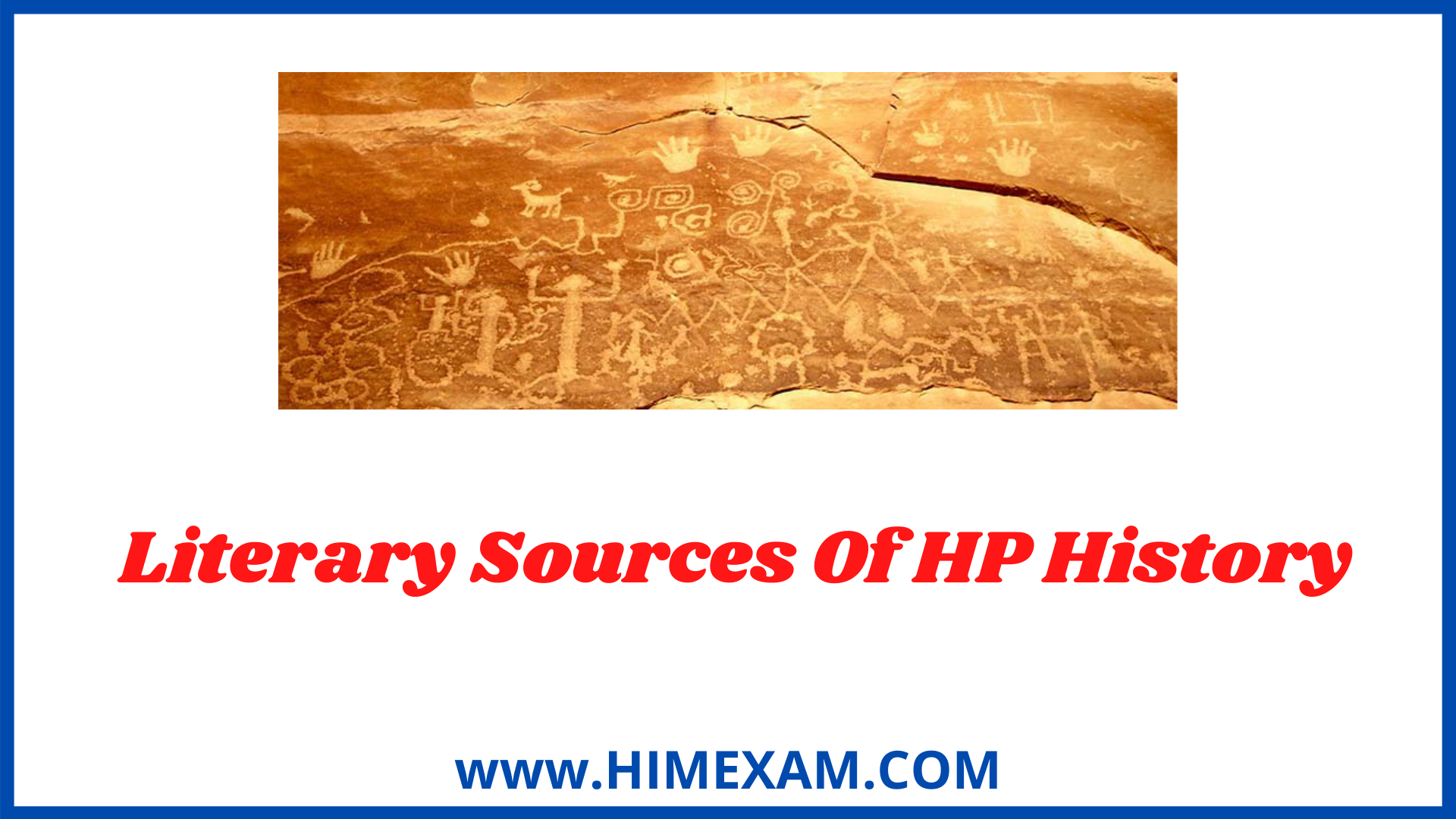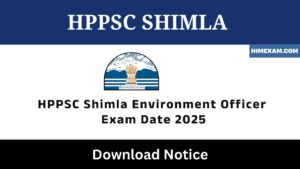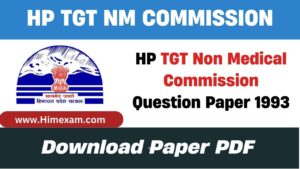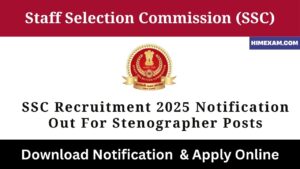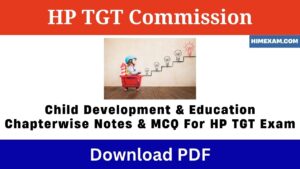Literary Sources Of HP History
|| Literary Sources Of HP History|| Literary Sources Of Himachal Pradesh History||
Persian sources, religious sources, travelogues and genealogies are some literary resources which provide information about the history of Himachal Pradesh. These sources are as follows:
- Religious Sources:-The Hindu religious literature mostly provides information on the history of ancient Kangra. The religious literature consisting of the four Vedas, along with Aitareya Brahmana, Taittirya Samhita throw some light on the various tribes which settled along the Himalayan foothills about 2000 BC. The Puranas, Kalhana’s Rajatarangini and Vishnu Purana contain information about the old tribes of Kangra and Katoch rulers of Trigarta. According to Skand Purana, there are five natural division of Himalayas i.e. Kashmir, Jalandhar, Kedar, Koormanchal and Nepal. The Jalandhar division (belongs to Himachal Pradesh) is further divided into five divisions i.e. Jalandhar, Champak (Chamba), Kuluta (Kullu), Lahaul and Satadru. The Vishnu Purana mentions the people of Kulu as Kuluta which once formed a part of the Jalandhar. The Mahabharata also mention several religions and people of Kangra state. The Ramayana and the Brihat Samhita mention the Kuluta, Trigarta, Kangra and Jalandhara, which were once a part of the Trigarta kingdom of Susarma Chandra, the traditional founder of the Kangra. The Puranas also describes Jwalamukhi temple in Kangra valley. The Mahabharata and the Brihat Samhita describe an ancient tribe that inhabited Kangra, Nurpur, Pathankot and Chamba hills. The Rajtarangini (history of Kashmir) written by Kalhana informs us about the nature and influence of Lalitaditya (724 AD 760 AD) over the Kangra valley and Western hills. In this way these are the relevant sources of the Kangra valley and its ancient history.
- Travelogues :-The earliest and the authentic historical account of the Himalayan Hill States is found in the travelogue written by Hiuen Tsang, the Chinese traveller, who visited India during the period of Harsha in 630 AD and made important observations about the Jalandhara, Kuluta and Srughna in his book Si-Yu-Ki. A number of European travellers have left very important account of their tours which they made through different areas of Himachal Pradesh. Among them the most important are JB Eraser, Froster, Vigne, Harcourt and Cunningham.
- Persian Sources:- There are several Persian sources which describe about the Muslim Sultans and their different expeditions over Kangra fort. A large number of Persian chronicles refer to Sultan Mahamud’s invasion of Nagarkot or Bhimnagar or modern Kangra. Some Persian source include the account of wealth in temples of Kangra ex-Tarikh-i-Yamini or Kitabul-i-Yamini (1024 AD) and Khawand Mir’s Habib-us-Siyar and Farishta’s Tarikh-i-Ferishta. In the 13th century AD, a number of Persian Chronicles refer to the entry of turkish into the Shivalik hills. Many rebel nobels and chiefs took refuge in the Himalayan foothills which was mentioned in the Tabaqat-i-Nasiri of Minhajudding Siraj and Tarikh-i-Ferozshahi of Ziauddin Barani.
- Vamshavalis (Genealogies):- Normally, Rajgurus wrote Vamshavalis. Many genealogies of the Royal family of Kangra, Chamba, Mandi, Kullu, Nurpur are found here. Vamshavali of the Rajas of Kullu was edited by captain Harcourt and prepared by Hirananda Sastri. Alexander Cunningham published genealogies of Kangra, Nurpur, Mandi, Suket, Chamba and Rajauri (Jammu and Kashmir). The archaeological and litrary sources provide information on the history of Himachal Pradesh.
|| Literary Sources Of HP History|| Literary Sources Of Himachal Pradesh History||
Read More:-Archaeological Resources of Himachal Pradesh History

